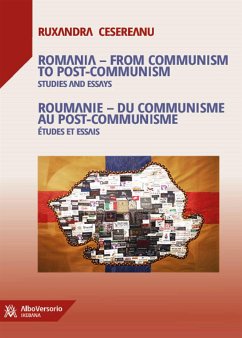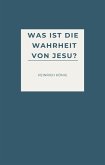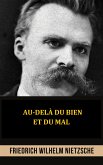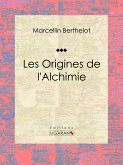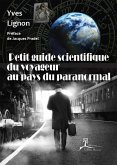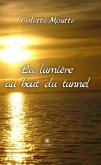The present book includes various studies about Romania in communism and post-communism. From a synthetic history of the communist period to the analysis of the structure of the Securitate (the political police of communist Romania), to the presentation of the solutions by which the Romanian Gulag was resisted (in prisons, camps, labor colonies, in deportation, etc.). The main moments of political protest in Romania against the Ceaușescu regime are present in extensive analyzes (the miners' revolt of 1977, the revolt of the Brașov workers in 1987, the revolution of December 1989). There is no lack of a concise portrait of the dictator Nicolae Ceaușescu or the analysis of the so-called terrorists who would have existed in December 1989. The present book also includes a mentalitarian dimension, also discussing issues of ethics and memory. Among the moments of Romanian post-communism, the 1990 University Square phenomenon (in Bucharest) is analyzed, the largest marathon-protest since the collapse of the communist regime.
Bitte wählen Sie Ihr Anliegen aus.
Rechnungen
Retourenschein anfordern
Bestellstatus
Storno

